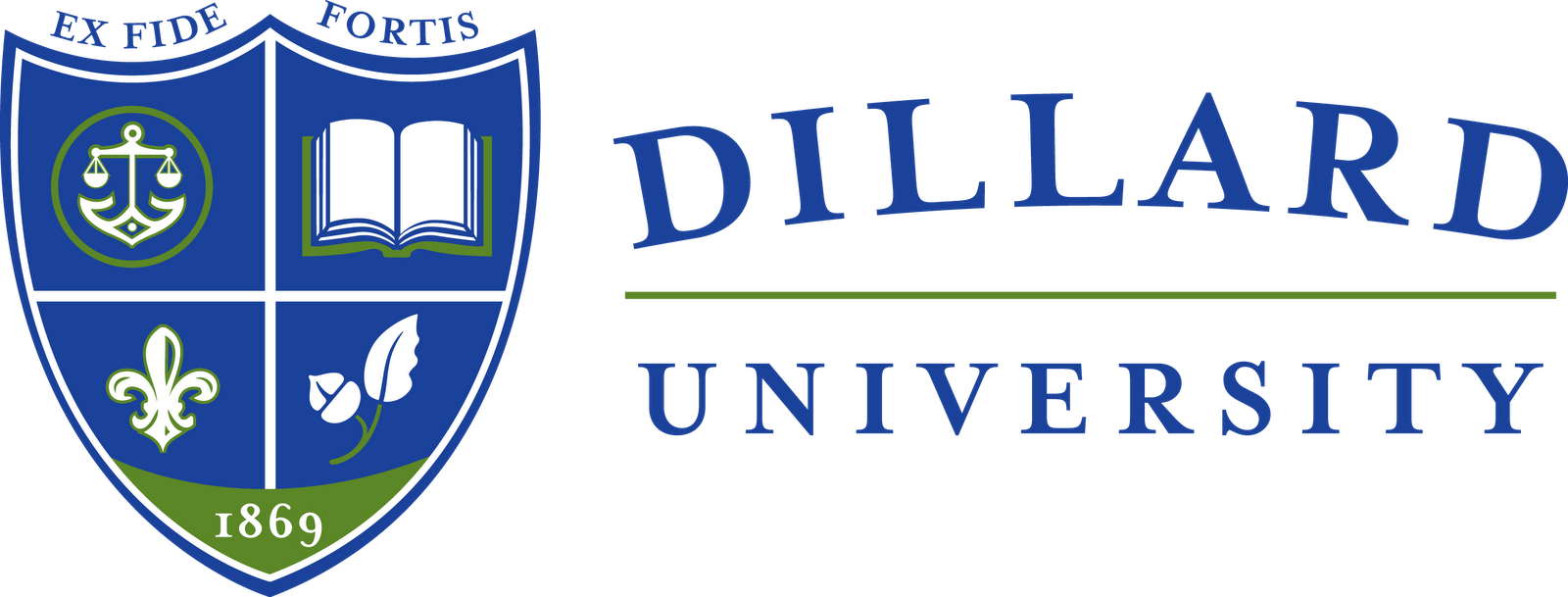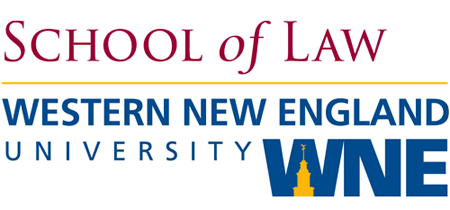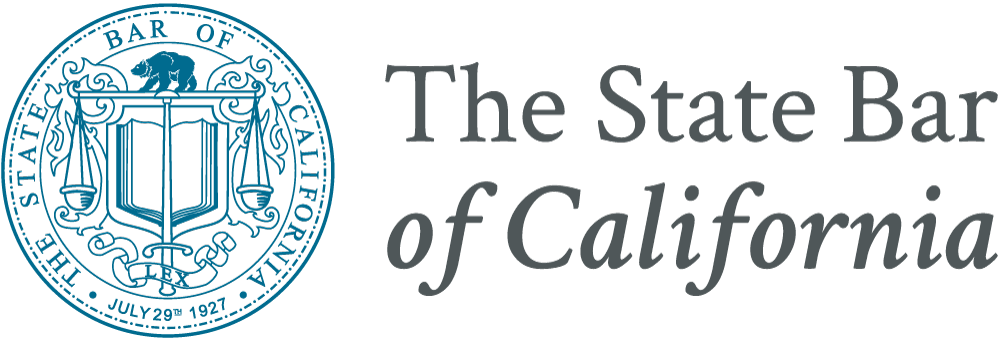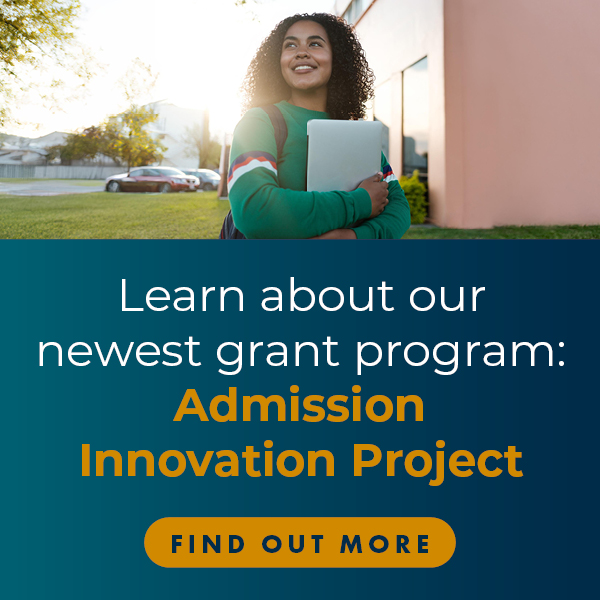Since launching our grantmaking activities in 2014, we have awarded over $26.4 million in support of our research priorities: access, affordability, and the value of legal education.
Awarded Grants
Grant Program
Grant Status

Dillard University
Grant Title: Legal Education Advancing Diversity (L.E.A.D)
The LEAD Program has one mission; to increase diversity in the legal profession by helping underrepresented students navigate one of the most difficult parts of the legal pipeline: gaining admission to law school. Through its comprehensive year-long program, LEAD provides: 1) high quality, rigorous LSAT preparation; 2) law school admissions workshops; 3) individual success coaching meetings and advising throughout the application process; and 4) an attorney mentor program.

Willamette University
Grant Title: Assessing the Impact of Cohort Structure on First-Time Bar Pass Rates
This project hypothesizes that implementing a cohort structure for recent law school graduates who use Helix Bar Review while studying for state bar exams will result in improved bar passage rates for these first-time test takers. Project results will inform legal education literature as well as other ongoing studies and activities to improve passage rates and may, depending on cohort size, provide insight into the disparity currently seen in the passage rates of underrepresented populations.
View grant outcomes.

The University of Utah S.J. Quinney College of Law
Grant Title: The “Law as Influence, Law as Change"
The “Law as Influence, Law as Change” program seeks to increase the participation of historically underrepresented and minoritized students in the Four Corners region attending Utah State University Blanding ("Blanding") in Blanding, Utah. The program would sponsor students for a four-week learning experience. In the first two weeks, they will receive instruction at the Blanding site. The final two weeks will take place on campus and in-residence at the University of Utah in Salt Lake City.
View grant outcomes.

Western New England University School of Law
Grant title: Bar Exam Stipend and Training Program (“The BEST Program”)
The Bar Exam Stipend and Training Program (BEST) is an intensive 10-week preparation program that will equip students with a customized study plan, an accountability coach, practice tests, wellness check-ins, and a weekly stipend leading up to the bar exam.

The State Bar of California
Grant Title: Investigating the Benefits of Live Remote Proctor of Bar Exam
The State Bar seeks to evaluate the benefits of live remote proctoring (LRP) for the First-Year Law Students’ Examination (FYLSX). Previous remote FYLSX’s have been proctored relying on software recording and AI-based monitoring. This project will evaluate if LRP, 1) reduces false positive violations; 2) lessens login and other technology issues examinees encounter; 3) improves overall test experience for examinees.
View grant outcomes.

The NALP Foundation for Law Career Research and Education
The project proposes AccessLex fund 10 law schools' participation in The NALP Foundation and NALP’s U.S. Law School Alumni Employment and Satisfaction Study, for a three-year period: 6 HBCU law schools and 4 other new law schools with significant populations of under-represented groups. The additional data from these schools’ alumni will enhance the study’s inclusivity, providing important new insights for the profession, and the new participating schools with actionable data and benchmarking.

State Bar of California
The State Bar seeks to understand the impact of exam modality, open book, and testing time on the test-taking population, focusing on whether any of these exam features have an adverse or positive impact on subpopulations. Specifically tested will be: 1) the amount of time allocated for the performance test; 2) possible variances of an open-book option; and 3) to assess combinations of exam material and test-taking in online vs hard copy formats.

Chicago-Kent College of Law, Illinois Institute of Technology
One & Done addresses three barriers to passing the bar exam on the first try that face "at-risk" graduates. First, these graduates need more personal support with time management than they typically get from commercial preparation programs, as well as additional study time devoted to spaced repetition study and practice-as-study. Second, many need financial support. Third, many need support to stay emotionally, psychologically, and socially healthy through the grueling bar preparation process.
View grant outcomes.

Behavioral Insights Institute
Demographic matching between law students from underrepresented groups and law school faculty increases these students’ access to research opportunities and quality employment and impacts their sense of belonging. The sense of belonging influences students’ academic performance, course selections, J.D. degree completion, and bar exam success.
View grant outcomes.



